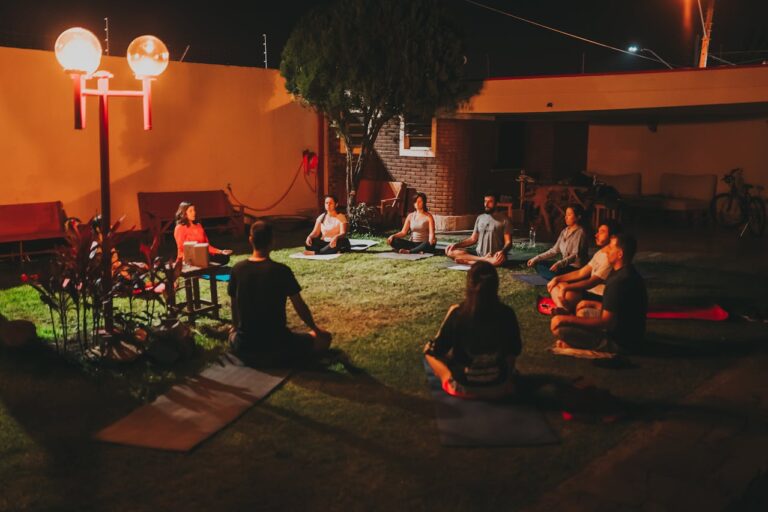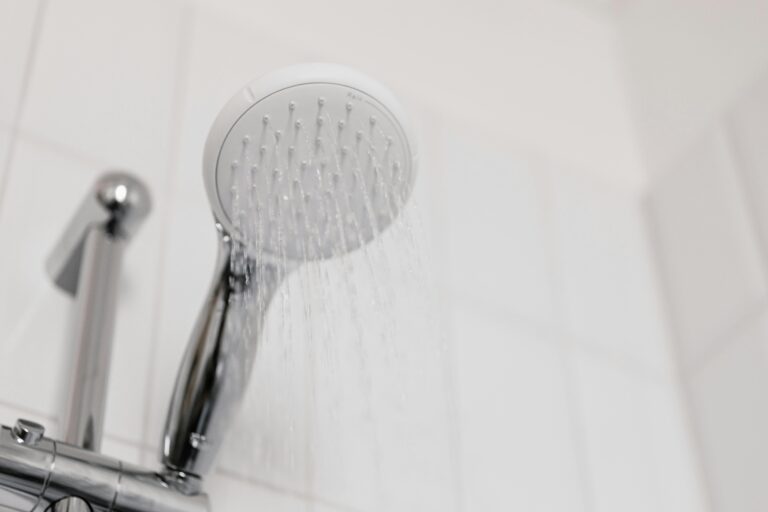Write Us: hello@ali5.org
Real Story: How I Went from Insomnia to 8-Hour Sleep in 30 Days
Struggling with insomnia? Read how I naturally went from sleepless nights to 8 hours of deep rest in 30 days, no sleeping pills, just real changes that work.

For months, I dreaded bedtime. I would lie awake for hours, my mind racing with to-do lists, regrets, and what-ifs. On good nights, I’d get maybe 3 or 4 hours of broken sleep. On bad nights, I’d barely sleep at all. I tried everything: warm milk, sleeping pills, counting sheep. Nothing worked long-term.
But that changed. Within just 30 days, I went from being wired and exhausted to sleeping a solid 8 hours every night naturally. This is how I did it.
Week 1: Facing the Root of the Problem
The first thing I had to accept was this: insomnia isn’t just a nighttime problem. It’s a full-body, full-day issue. My sleep wasn’t broken because my bed was uncomfortable; it was because my mind never shut off.
So I started tracking my habits. I realized I was:
- Scrolling on my phone until midnight
- Drinking caffeine as late as 5 p.m.
- Working under artificial light until late
- Eating dinner too close to bedtime
I wrote down everything and made a promise: no more guessing, I’d approach this like a science experiment.
Week 2: Creating a Real Sleep Routine
This was when I began building my wind-down routine, and honestly, it felt awkward at first.
What I changed:
- Set a strict sleep window: I chose 11 p.m. to 7 a.m. and stuck to it every night.
- Cut screen time: I turned off my phone and laptop by 9:30 p.m.
- Started reading before bed: Not thrillers, just calm nonfiction or short stories.
- No caffeine after 2 p.m.: I switched to herbal teas and more water instead.
- Made my room colder: Around 18°C (65°F), and it made a huge difference.
By the end of this week, I wasn’t falling asleep instantly, but I started getting drowsy at the right time, which hadn’t happened in months.
Week 3: Managing My Day to Fix My Nights
Sleep isn’t just about what happens at night, and this week proved that. I started moving my body more and working with my natural energy rhythm.
What I did:
- Morning sunlight within 30 minutes of waking up: even just standing near a window helped.
- Daily walks: Not workouts, just 20–30 minutes of movement.
- Cut-out naps: As tempting as they were, they messed with my sleep drive.
- Started journaling: A quick “brain dump” each evening helped clear mental clutter.
Something shifted. I wasn’t crashing at midday like I used to, and my anxiety around sleep was beginning to fade.
Week 4: Consistency Made All the Difference
By this point, something incredible was happening. I wasn’t fighting to sleep anymore, I was welcoming it. I started sleeping through the night more often than not, and even if I woke up briefly, I could fall back asleep without tossing and turning.
Here’s what stood out:
- I craved my wind-down time.
- My dreams came back, vivid and comforting.
- I started waking up before my alarm, feeling rested.
It wasn’t one miracle change that did it. It was the daily rhythm, the consistency, and treating my body with patience.
What Didn’t Work for Me
Not everything helped, and some popular sleep tips actually backfired.
- Melatonin supplements made me groggy the next day.
- Guided meditations on YouTube sometimes made me more alert.
- Over-the-counter sleep aids worked once or twice but left me feeling disconnected.
This experience taught me that you can’t hack sleep; you have to support it.
Final Thoughts
In 30 days, I didn’t just fix my sleep, I changed my relationship with rest. Sleep went from being a frustrating mystery to a natural rhythm I could trust again. If you’re struggling with insomnia, I get it. But don’t give up. Focus less on forcing sleep and more on creating space for it. Calm your day, quiet your evening, and your body will catch up.
It did for me, and it can for you too.







